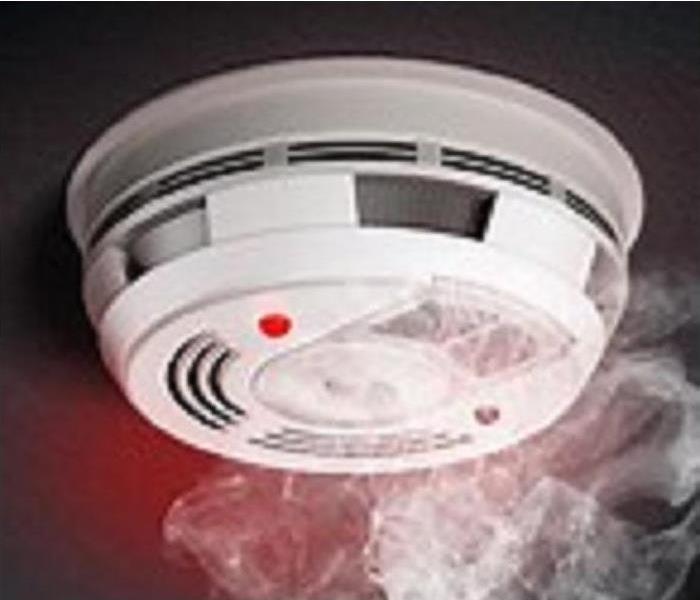Why are Fire Alarms so Loud Anyway?
12/31/2020 (Permalink)
What is the Reason that Fire Alarms are so Loud?
If loud sounds damage hearing—why are fire alarms so loud? And is there anything you can do to protect your ears from the noise?
How Loud Are Fire Alarms, Truly?
NFPA 72 lists requirements for fire alarm notification appliances, which take two primary forms:
Audible and Visual
Horns and sirens provide the audible alerts. Sounding off at 65 to 120 decibels (dB) when standing 10 feet from the device. Strobe lights provide the visible alert. Flashing once per second at 15 to 1,000 candelas, depending on the setting.
Prolonged and repeated exposure to loud noises can damage your hearing-That’s a fact.
The National Institute on Deafness and Other Communication Disorders (NIDCD) states that 85 dB and higher is the danger zone for hearing loss. However-being able to get everyone to safety becomes the task.
Why Do Fire Alarm Volumes Vary?
The goal of a fire alarm is to make sure everyone in the building knows to evacuate. That’s why the NFPA requires fire alarm horns and sirens to sound louder than typical noises.
The precise requirement is 15 dB above the average noise level or 5 dB above the maximum ambient sound-or whichever is greater. This means it may be appropriate to program fire alarm horns to 75 dB for a restaurant or office setting, but an industrial facility with loud equipment may need to sound off closer to the maximum 120 dB level to ensure the sound stands out from other ambient noises.
The high volume requirement for fire alarms accounts for the fact that distance from the horn decreases its perceived volume, and building materials absorb noise, especially if the doors are closed between rooms.
Due to these factors, the decibel level must be high at the source to ensure the sound travels to every corner of the building.
How Can You Protect Your Ears from Loud Fire Alarms?
When you hear the shrill noise of a fire alarm, your first instinct is to cover your ears. This is actually an effective way to defend against hearing loss while you walk calmly toward the exit and make your way out of the building.
More importantly, however, is to create a fire evacuation plan and hold fire drills regularly.
This way, your staff and/or family is confident about what steps to take and where to evacuate in case of an emergency. By planning ahead, you can limit confusion and reduce the time you’re exposed to loud volumes.
Finally, if you think the decibel level of your fire alarm is too high, hire a fire protection company to examine your equipment and make a determination. Your technician will make sure the volume is just right for safety and compliance with NFPA 72. Even though fire alarms can be loud, it’s imperative not to tamper with them. The NFPA has established fire codes that provide maximum safety for buildings in all industries. Disconnecting or adjusting the volume of your fire alarm sirens could result in noncompliance penalties and increased liability or decrease effectiveness.






 24/7 Emergency Service
24/7 Emergency Service
